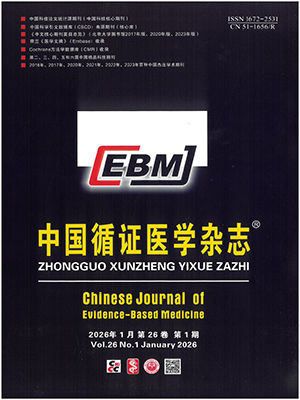Objective To evaluate the efficacy of normalization management on prognosis in elderly patients with coronary artery disease, in aspects of drug compliance, readmission rate and quality of life.
Methods A total of 110 patients above 65 years old with coronary artery disease visiting West China Hospital from August 2010 to February 2011 were investigated. The patients were divided into two groups: the intensive management group (n=55) and the general management group (n=55). The measures such as regular follow-up, regular examination and medical education were conducted in the intensive management group, and the two groups were observed in aspects of drug compliance, readmission rate and quality of life.
Results After 1-year follow-up, the percentages of patients taking aspirin/clopidogrel (98.18% vs. 67.27%, P lt;0.05), nitrate (85.45% vs. 40.00%, P lt;0.05), ACEI/ARB (56.36% vs. 18.18%, P lt;0.05), β receptor blocker (58.18% vs. 29.09%, P lt;0.05) and statin (94.55% vs. 32.73%, P lt;0.05) were higher in the intensive management group than those in the general management group. Also, the readmission rate was lower (12.73% vs. 41.42%, P lt;0.05) and the score of quality of life was higher in the intensive management group than that in the general management group.
Conclusion The normalization management guided by evidence-based medicine for the elderly patients with coronary artery disease is helpful to improve the drug compliance, reduce the readmission rate, and improve the quality of life.
Citation: WU Jinhui,SUN Chunli,ZHANG Shaomin,REN Xiaohui,YANG Ling,LI Jun,ZHANG Jun. Effects of Normalization Management on Prognosis in Elderly Patients with Coronary Artery Disease. Chinese Journal of Evidence-Based Medicine, 2012, 12(5): 520-523. doi: 10.7507/1672-2531.20120083 Copy
Copyright © the editorial department of Chinese Journal of Evidence-Based Medicine of West China Medical Publisher. All rights reserved




